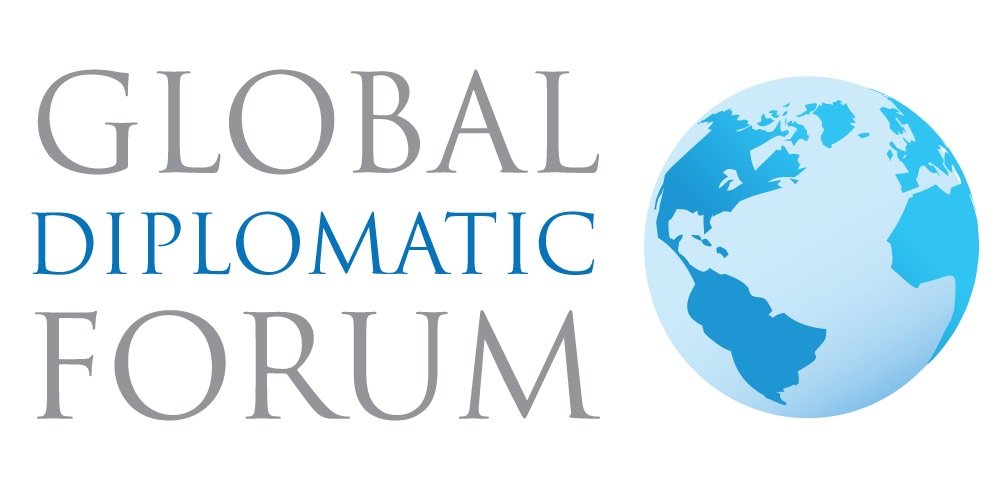"Diplomacy Lost in Translation: The Struggles (and Surprising Skills) of Multilingual Diplomats"
For diplomats working in a second language, there’s a unique set of challenges and quirks that come with the territory. From accidentally slipping into your mother tongue mid-sentence to rephrasing idioms that don’t translate (looking at you, “raining cats and dogs”), it’s a never-ending exercise in mental gymnastics. Here are a few of the amusing struggles and hidden perks that only multilingual diplomats will understand.
1. The Accidental Language Switch
Ever started passionately discussing policy in English, only to realise halfway through that you've seamlessly switched to your native language? Cue the priceless looks from your colleagues, who are now nodding in that confused yet polite way that says, “I have no idea what you’re saying, but please continue.” We’ve all been there. Language switching isn’t just a slip-up; it’s a rite of passage.
2. Lost in Translation Moments
Diplomacy often requires “reading between the lines”—a task already challenging in your first language, let alone a second! Think of all the idioms, cultural references, and tiny nuances that can derail a conversation. Pro tip: avoid saying “It’s a piece of cake” in tense negotiations unless you want your colleagues to think you're offering dessert.
3. The “I’m Way Smarter in My Native Language” Syndrome
There’s a constant, low-level frustration in knowing that you could deliver a speech twice as eloquent, witty, and charming… if only it were in your first language. You might be perfectly fluent, but that 10-second pause while translating in your head feels like an eternity when you’re delivering a formal address.
Pro Tip for Second-Language Diplomats: Don’t sweat it! Your international colleagues understand (and are often in awe of) your linguistic juggling act. Own it with pride. Just imagine how impressive you’d sound to them if they knew how articulate you are in Spanish, Arabic, or Mandarin.
4. Translating Your Own Sense of Humour
Humour is a powerful tool in diplomacy, but nothing kills a joke faster than explaining it. The sarcastic quips, witty comebacks, and cultural references that work in one language can fall flat in another. Ever tried translating a pun into another language? It’s like watching a soufflé deflate.
5. Thinking Faster Than You Can Speak
Some diplomats have mastered the art of thinking several seconds ahead, carefully filtering every word before it leaves their mouths. Others embrace the chaos, blurting out translations on the fly and hoping for the best. Either way, the mental effort is intense. It’s like performing a high-wire act while reading a script and rewriting it all at once!
Diplomacy Isn’t Just About What You Say… It’s How You Say It
Working in a second language isn’t all about struggle, though. Research shows that multilingualism boosts cognitive flexibility, which means diplomats fluent in multiple languages are more adaptable and resilient—two skills that are invaluable in international relations.
So the next time you stumble over a phrase or accidentally respond in your native language, remember: you’re not just a diplomat; you’re a linguistic superhero. And if nothing else, you’ve got a lifetime of funny stories to share with fellow polyglots around the negotiation table.
Final Thought
At the end of the day, diplomacy is about connecting, communicating, and finding common ground. Sometimes that means smiling through the misunderstandings, laughing off the language slips, and embracing the fact that you’re making it work, even if the road to understanding is occasionally (and hilariously) bumpy
